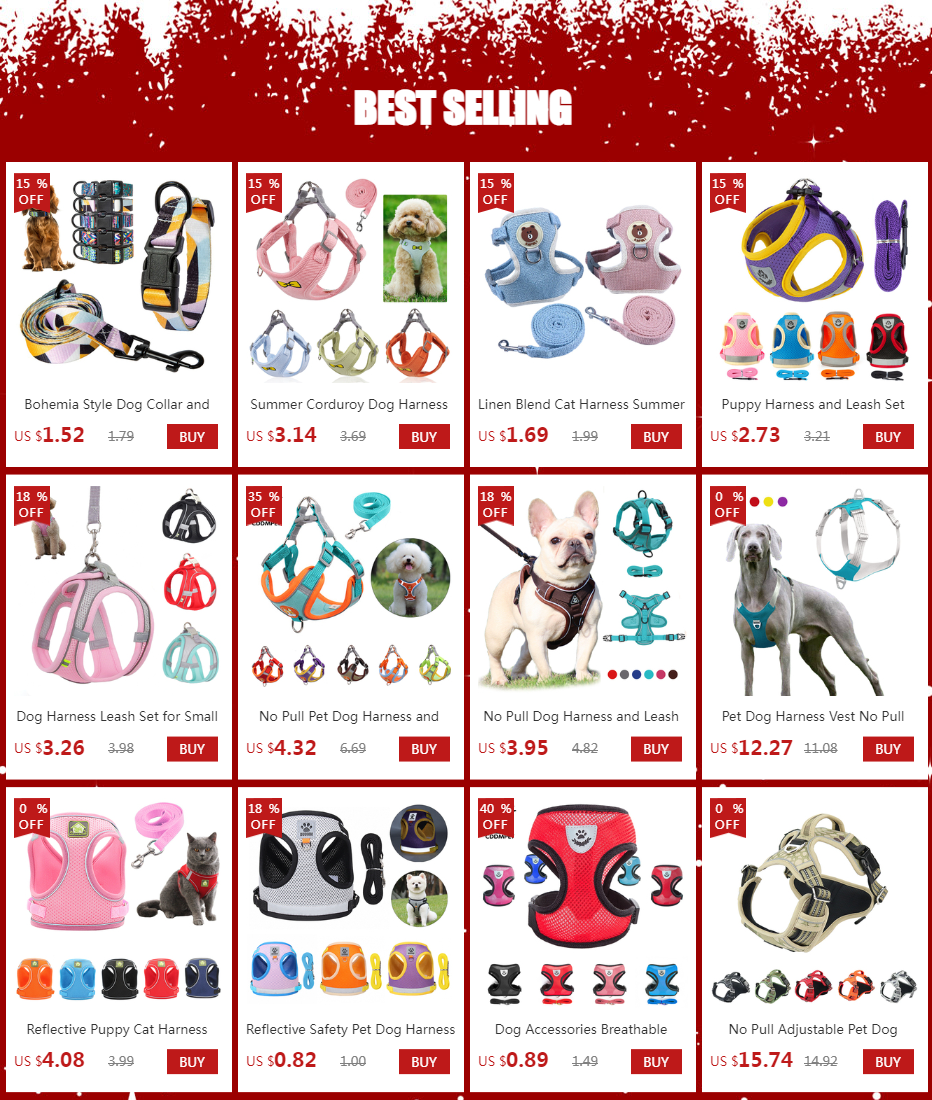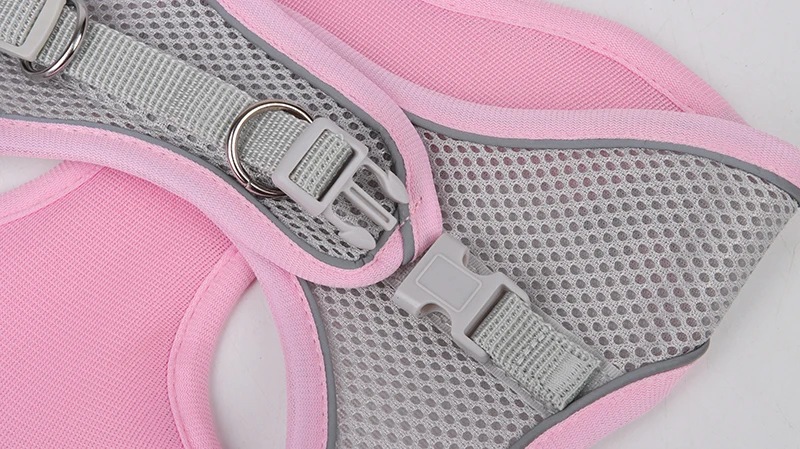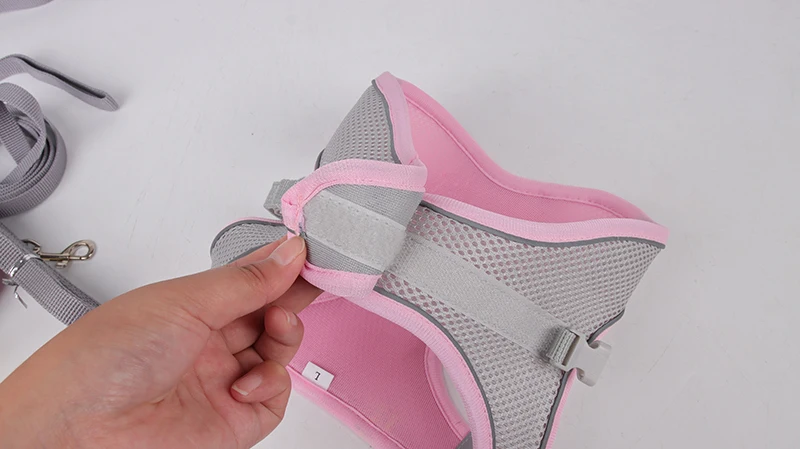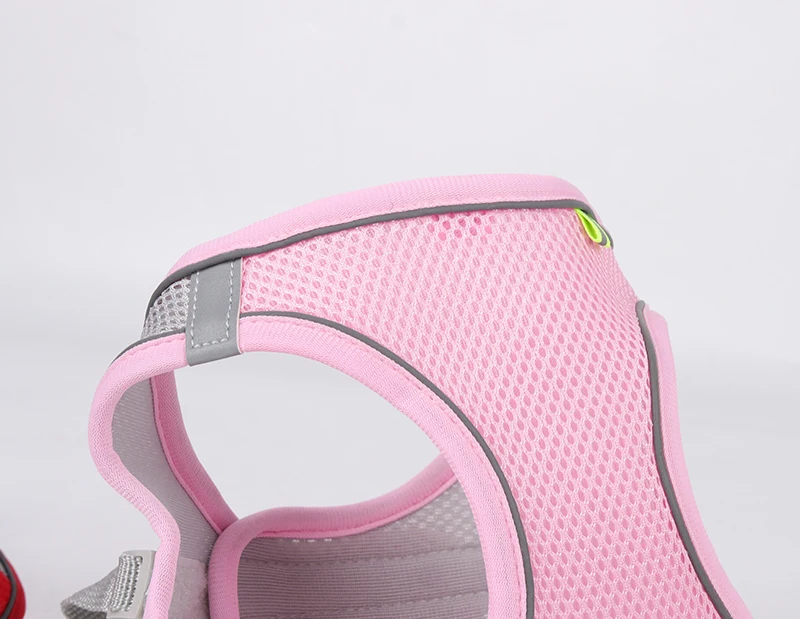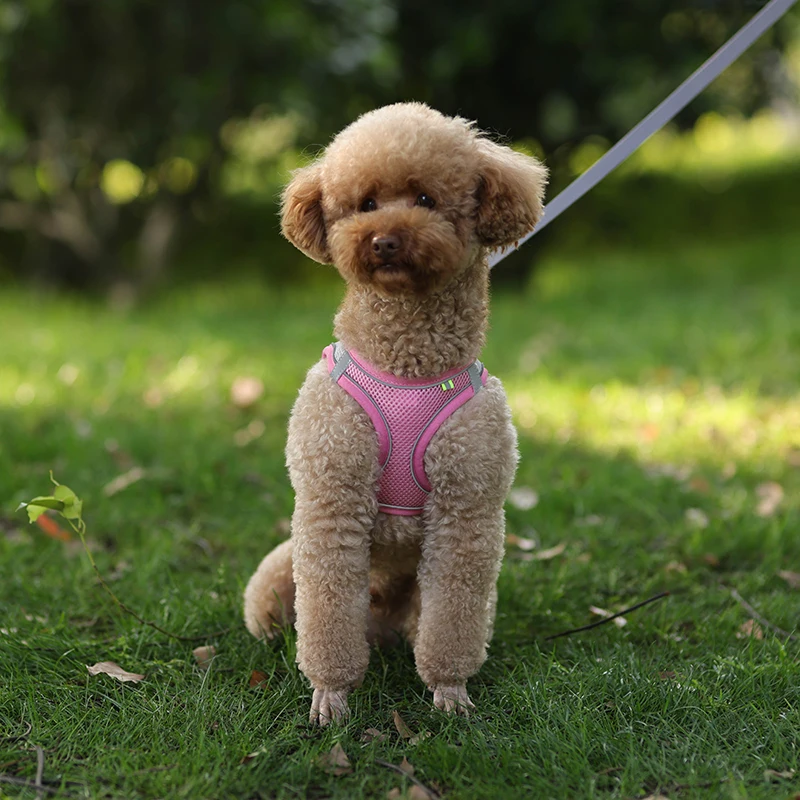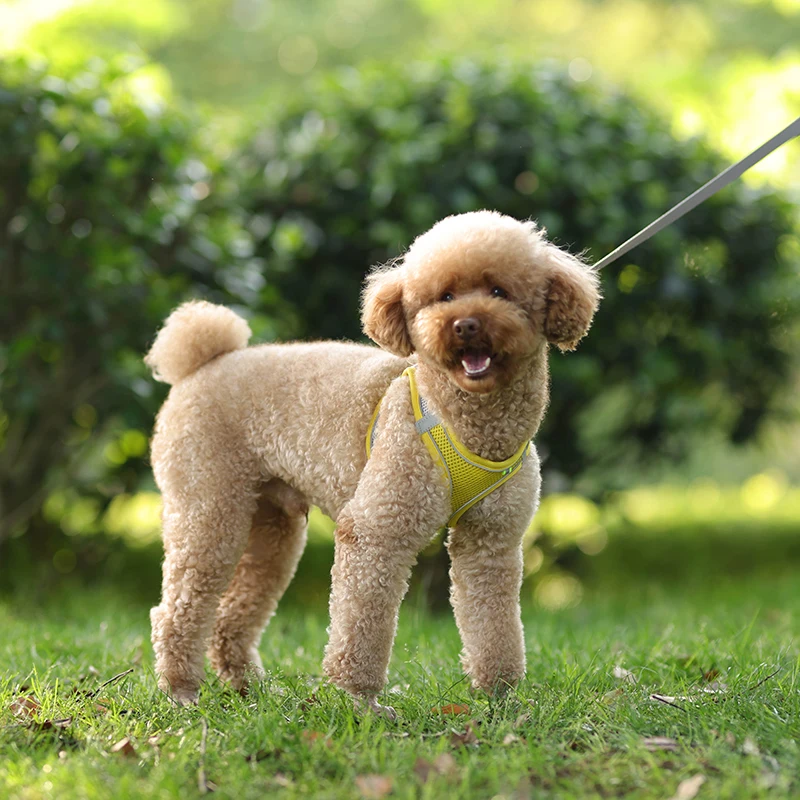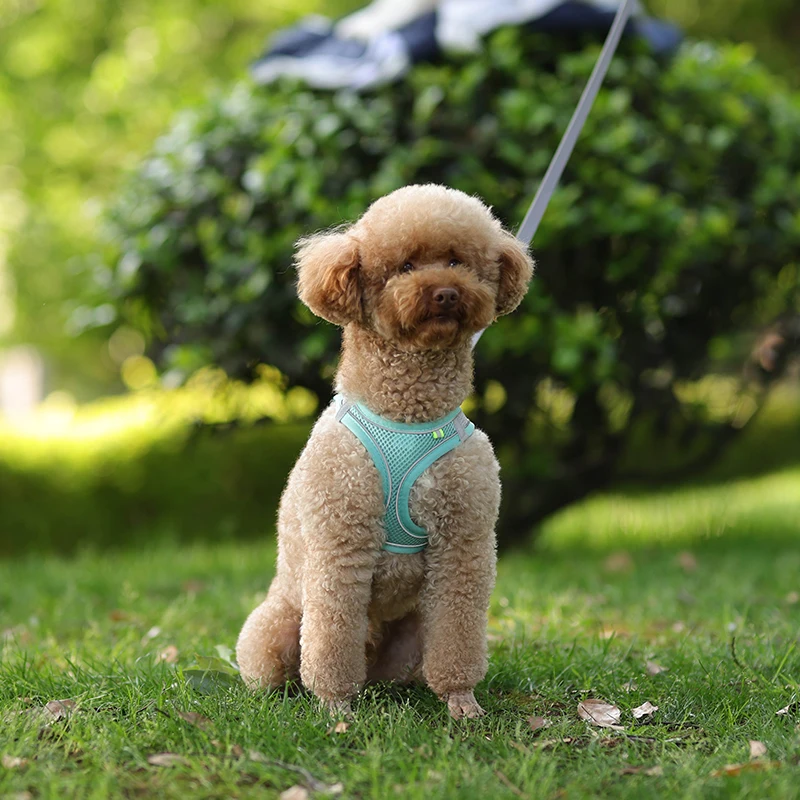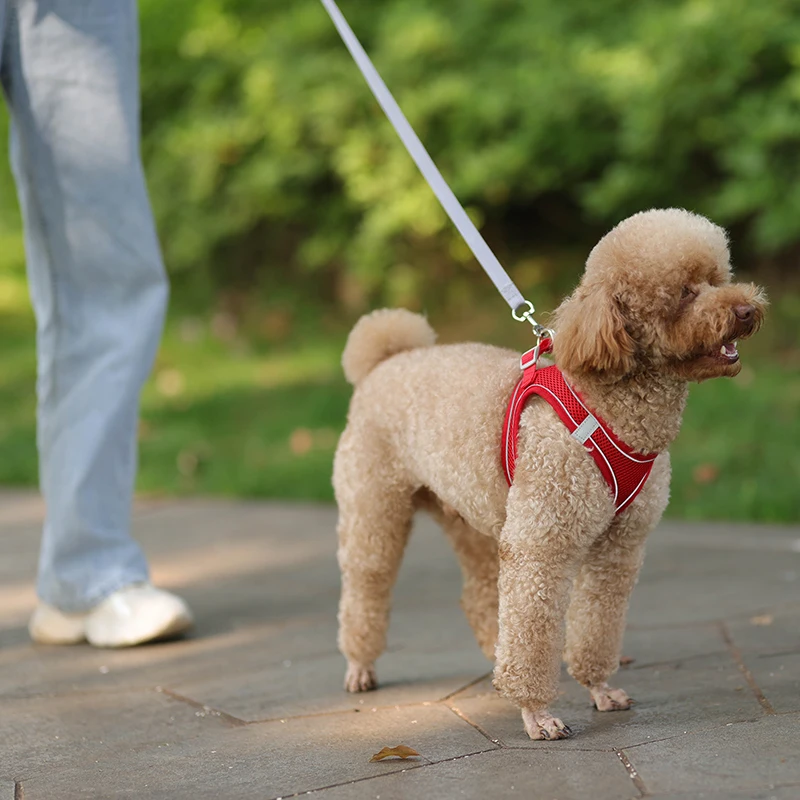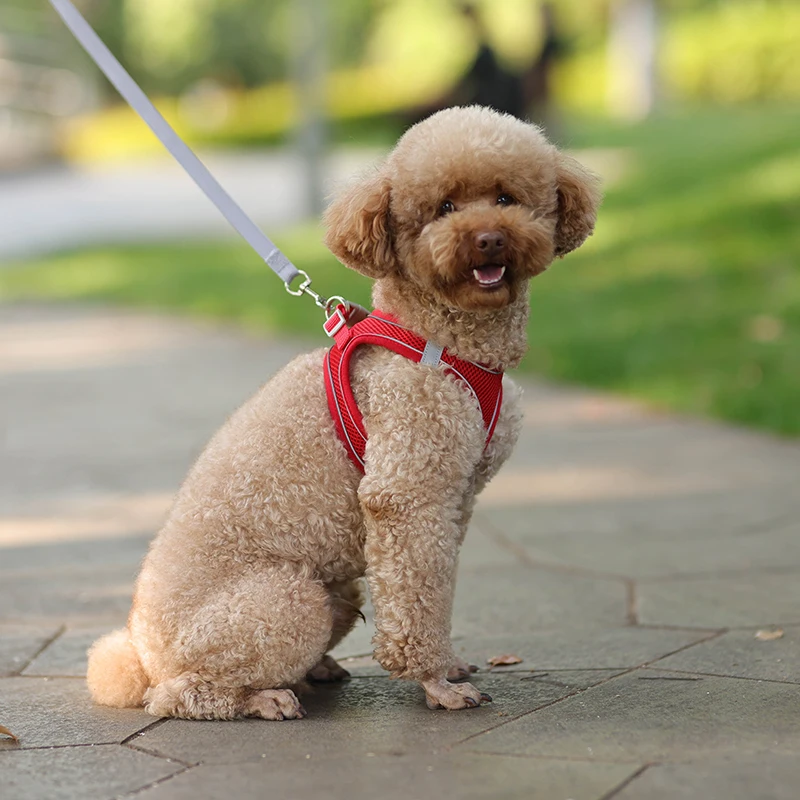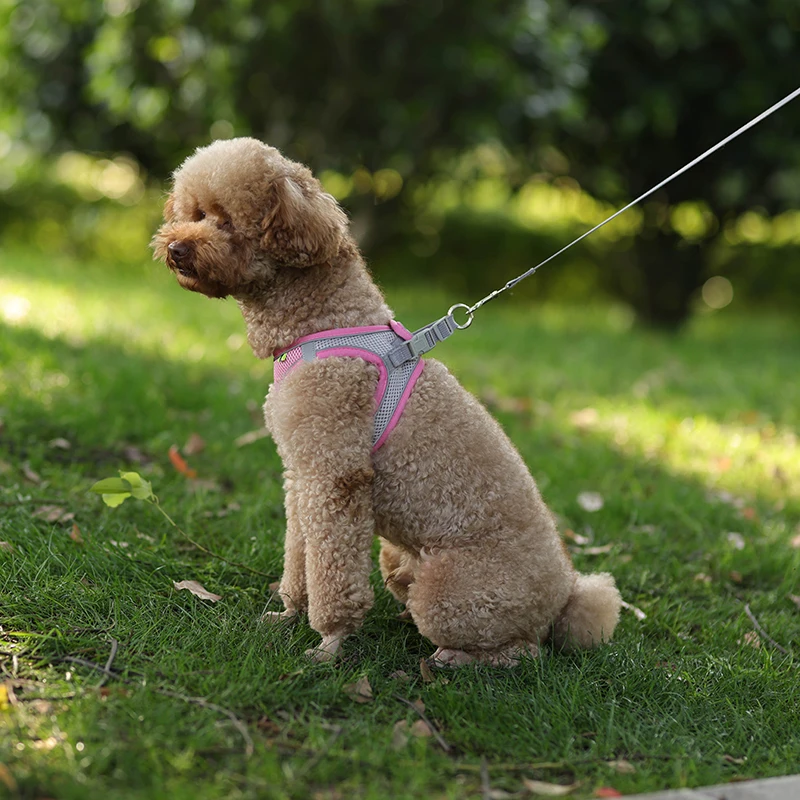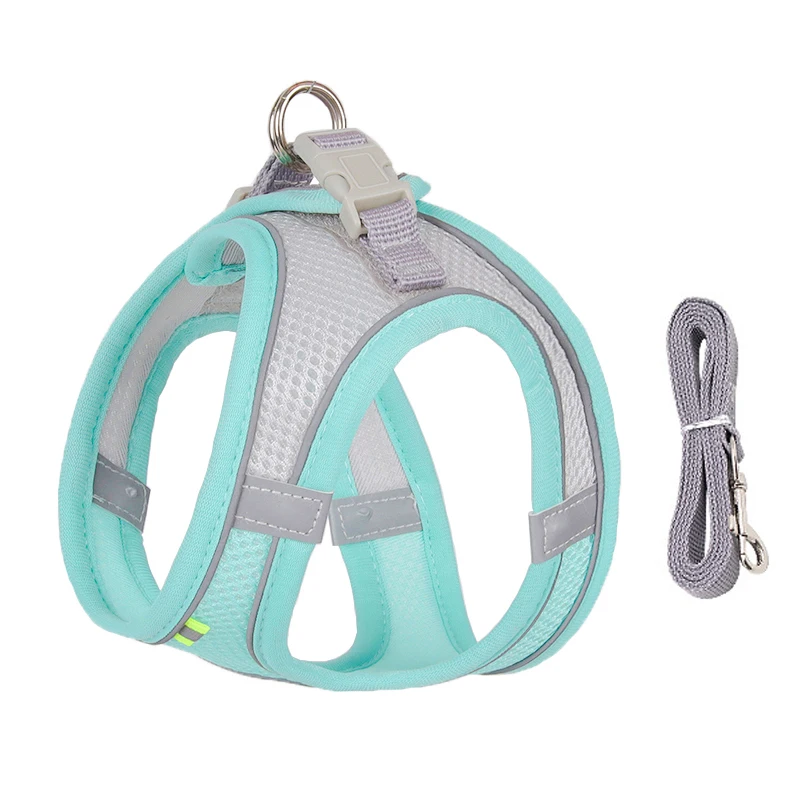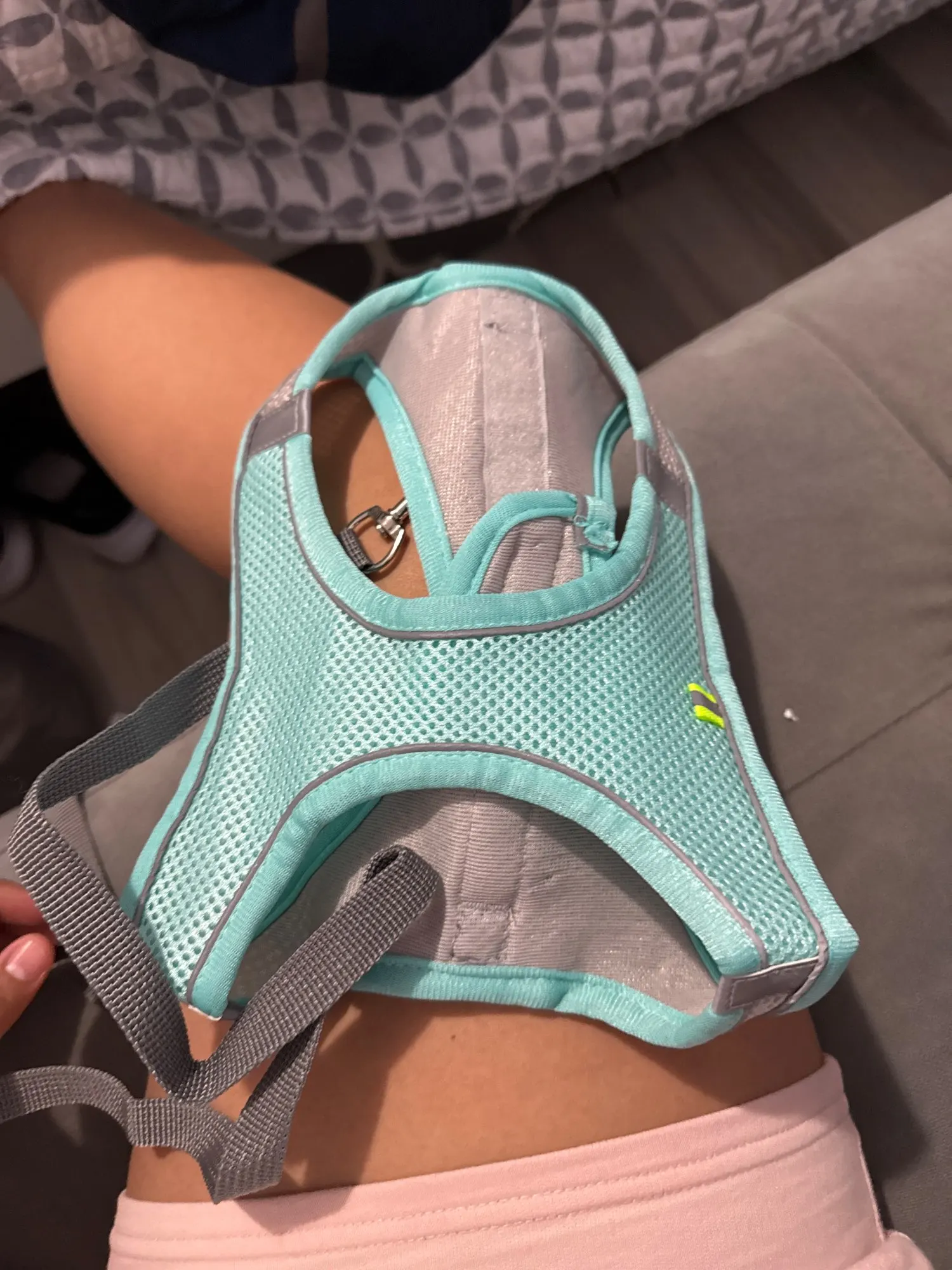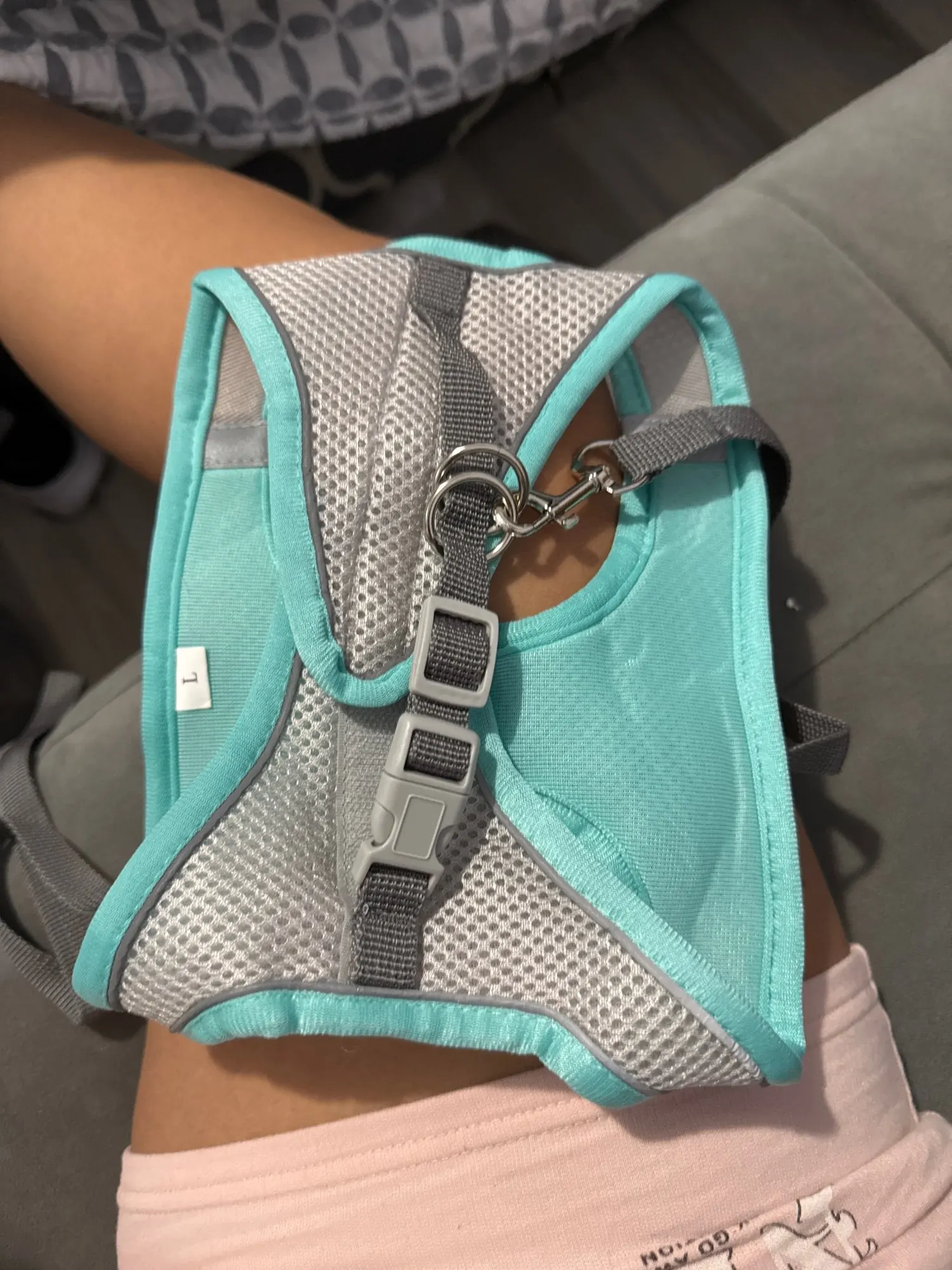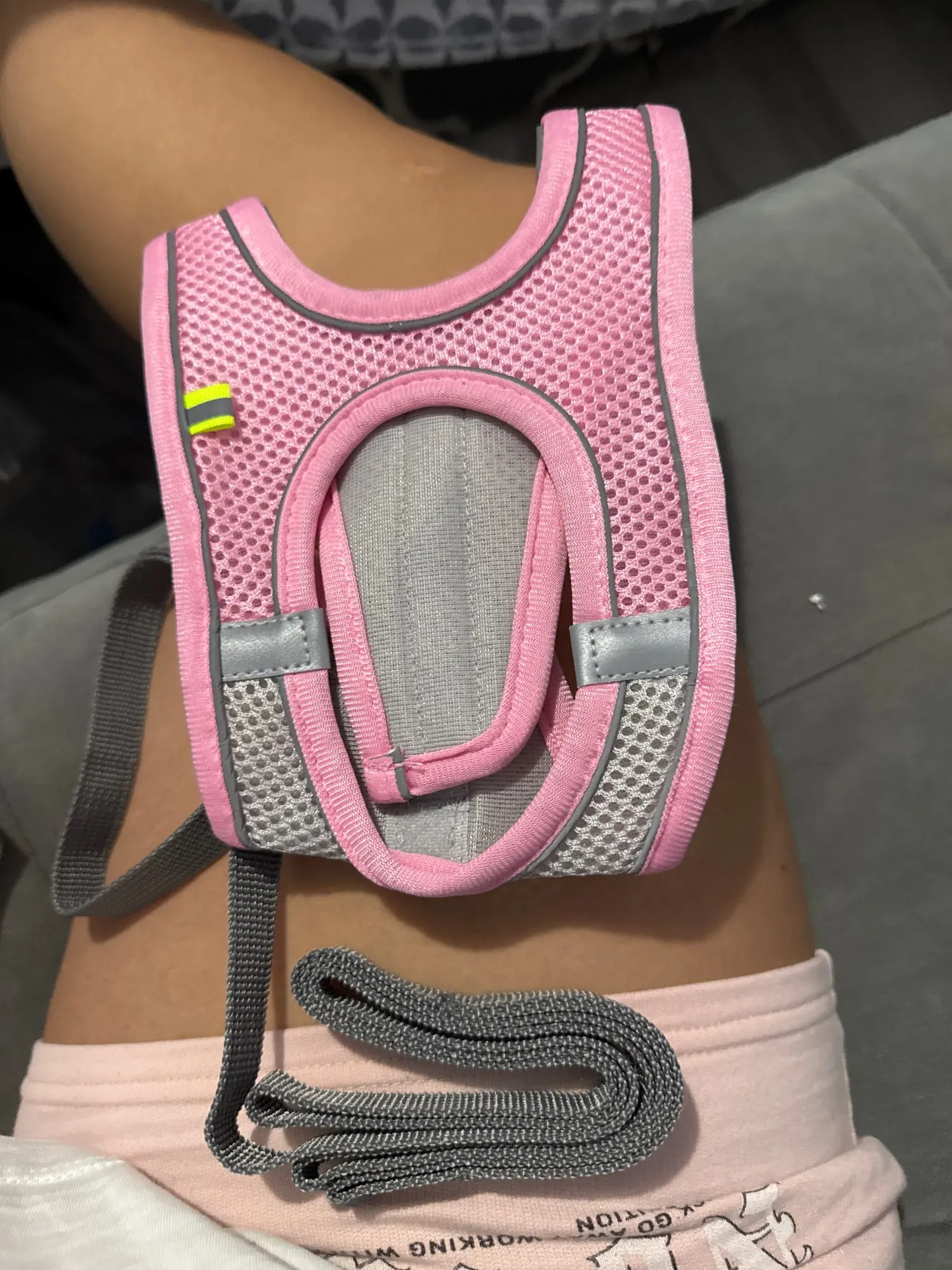Harnesses and Leashes: The Perfect Pair for Your Pet
When it comes to ensuring the safety and comfort of our canine companions, the choices we make about dog harnesses and pet leashes can make all the difference. The right combination not only enhances the experience of outdoor adventures but also plays a pivotal role in leash training. In fact, many pet owners are discovering that a proper harness can provide more control and promote better leash manners than a traditional collar, especially for energetic or large breeds.
But with so many options flooding the market, how do you choose the best dog harnesses and leashes that cater to your pet’s unique needs? From materials to design, and even safety features, this guide aims to unravel the complexities surrounding pet gear. By understanding the fundamentals and best practices in choosing the right harness and leash, you can make informed decisions that prioritize your dog's safety and comfort.
Moreover, it's crucial to note that leash training tips can greatly enhance your pet's behavior on walks, helping them to enjoy their time outdoors in a manner that is both enjoyable and stress-free. With the right tools at your disposal, you can ensure that every walk is a positive experience, fostering a stronger bond with your furry friend.
Join us as we delve deeper into the world of harnesses and leashes, exploring the various types available, their specific benefits, and expert recommendations. Whether you’re a seasoned pet owner or a first-time pup parent, this guide is designed to help you navigate the essentials of pet gear with ease and confidence.
Benefits of Using Harnesses and Leashes
Safety First
When it comes to the safety of your furry friend, utilizing dog harnesses and pet leashes is paramount. Harnesses distribute pressure across a larger area of your dog's body, reducing the risk of injury to their neck and spine that can occur with traditional collars. This is especially important for small breeds or pets that tend to pull on their leash.
Here are a few ways harnesses contribute to pet safety:
- Increased control: Harnesses give owners better leverage to control their dogs when necessary, which is crucial in high-traffic areas.
- Prevention of escape: A well-fitted harness is harder for pets to wriggle out of compared to a collar, providing an extra layer of security during walks.
- Reduced risk of injury: A harness minimizes strain on the neck area, which can prevent choking and tracheal damage.
Enhanced Control
Control is another major benefit of using harnesses and leashes. For dogs that are easily distracted or overly excited, a harness provides a secure way to manage their movements, ensuring they stay close to you in potentially chaotic situations.
Consider the following control advantages:
- Leash training: Harnesses allow for effective leash training, enabling owners to teach their dogs proper walking etiquette. This reduces pulling and makes walks more enjoyable.
- Behavioral modification: Owners can aid in correcting undesirable behaviors, such as lunging or barking at other pets. The support a harness provides encourages a calm walking experience.
- Variety of styles: The market offers various styles of harnesses tailored for different breeds, sizes, and purposes, which can enhance both comfort and control.












